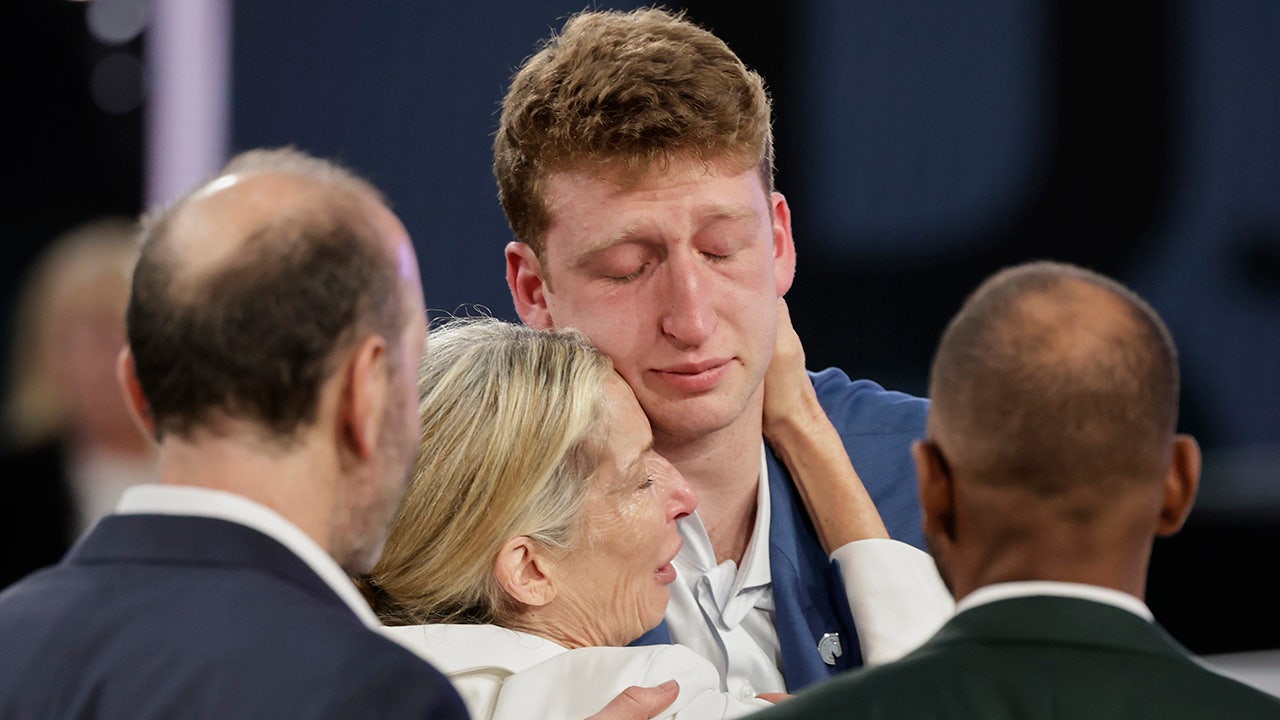Opinion|How’s It Playing? POTUS Wants to Know.
https://www.nytimes.com/2025/06/27/opinion/trump-iran-israel-policy.html
You have a preview view of this article while we are checking your access. When we have confirmed access, the full article content will load.
Carlos Lozada
June 27, 2025, 5:02 a.m. ET

There’s a question President Trump likes to ask people around him when he’s facing a major challenge or considering a big decision. It’s not “Why did this happen?” or “What are my options?” or anything so straightforward as “How does this affect American interests?” It’s a more impressionistic question; any answer might sound equally authoritative, even if only one answer is preferred.
“How’s it playing?”
Trump posed it soon after Israel launched its first attacks against Iran. The president “asked an ally how the Israeli strikes were ‘playing,’” The Times reported. “He said that ‘everyone’ was telling him he needed to get more involved.”
Trump made the same query shortly after surviving an assassination attempt at a campaign rally in Butler, Pa., last summer. Dan Scavino, the president’s deputy chief of staff, later recalled that it was the first thing Trump asked him when Scavino went to the hospital and showed him the iconic photograph of a blood-streaked presidential candidate pumping his fist in the air. “Hey, Dan, how’s it playing?” Trump asked.
It was also his question after his 2023 indictment — the first ever of a former U.S. president — on charges of falsifying business records to hide a payments to a porn star. In his recent book, “All or Nothing: How Trump Recaptured America,” Michael Wolff reports that Trump asked his lawyers, before the drive to the courthouse, “How’s it playing?” (In her testimony in the case, Hope Hicks, a former aide to the president, acknowledged that though she did not recall exactly what Trump said to her after The Wall Street Journal reported on the hush money, “I’m almost certain he would’ve asked me how’s it playing.”)
According to Wolff, Trump tried to rank the relative play of two events normally considered disastrous for a politician. “Do you think indictment is bigger than impeachment?” he asked an aide. The aide tried to distinguish the legal jeopardy of indictment versus the political risk of impeachment, which wasn’t what Trump had in mind. “Everyone understands that by ‘bigger,’ Trump means is it playing bigger — more drama, more attention?” Wolff writes. “That’s the answer he wants: It’s bigger because it’s bigger!”
There is nothing wrong with a president gauging public reaction to or support for administration policies or actions. The people are his constituents, after all. It makes sense to assess popular perceptions through, say, polling, or to canvass opinions from trusted advisers, or to rally national sentiment through speeches, posts or some other communications strategy. (When presidents or political candidates insist that they don’t pay attention to polls, all that means is that they saw the polls and didn’t like what they said.)
.png)
 German (DE)
German (DE)  English (US)
English (US)  Spanish (ES)
Spanish (ES)  French (FR)
French (FR)  Hindi (IN)
Hindi (IN)  Italian (IT)
Italian (IT)  Russian (RU)
Russian (RU)  6 hours ago
1
6 hours ago
1










Comments